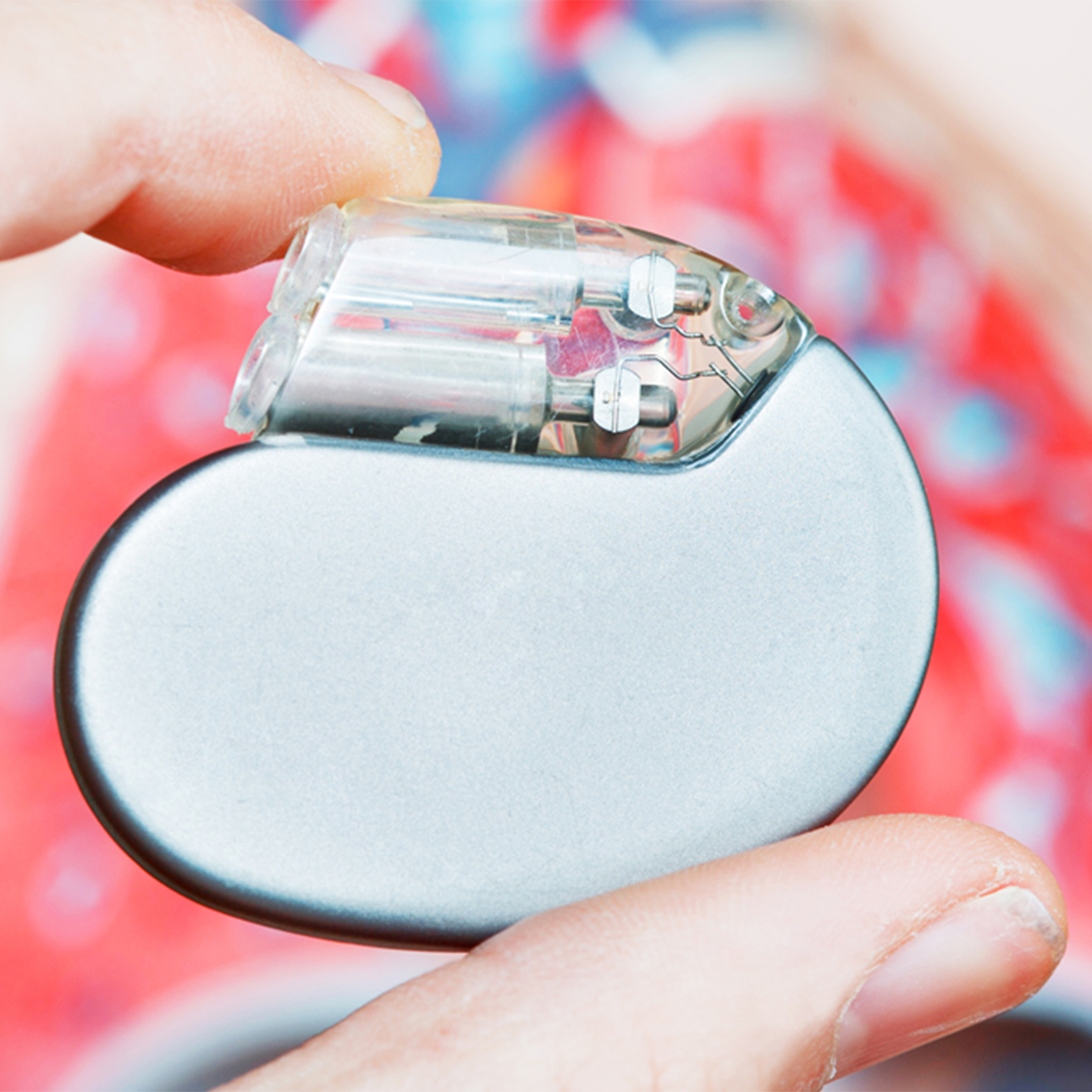
Ebstein Anomaly
Treatments
If the deformity is severe at birth, it may require immediate surgery. In adults with milder cases, treatment may include medications or special procedures to manage arrhythmia. People with Ebstein anomaly should be prescribed antibiotics before surgery or dental procedures to protect against endocarditis.
If medication no longer controls symptoms or if the heart enlarges and loses efficiency, surgery may be required. The surgery may either repair the tricuspid valve or replace it with an artificial valve. It also may involve repairing any associated condition such as atrial septal defect.
If arrhythmia is present, radiofrequency ablation, a procedure in which a burst of energy destroys an abnormal electrical pathway in the heart, may be necessary. Rarely, a permanent pacemaker will be implanted.
Adults with Ebstein anomaly should be followed regularly by a cardiologist with a special interest in adult congenital heart disease. Yearly echocardiograms are necessary in all but the mildest cases.
UCSF Health medical specialists have reviewed this information. It is for educational purposes only and is not intended to replace the advice of your doctor or other health care provider. We encourage you to discuss any questions or concerns you may have with your provider.
Treatments we specialize in
-

Catheter Ablation
The minimally invasive technique has become the treatment of choice for arrhythmia patients who do not respond well to medication.
Learn more -

Implantable Cardioverter Defibrillator
A small implanted device helps regulate the heart rate in patients who experience very fast heart rhythms.
Learn more










